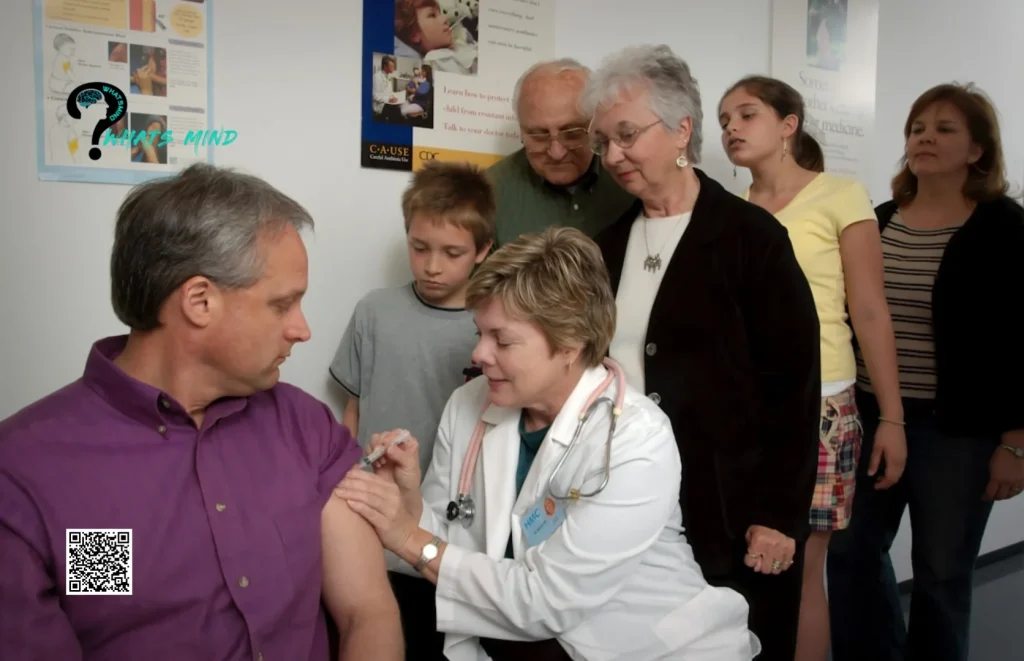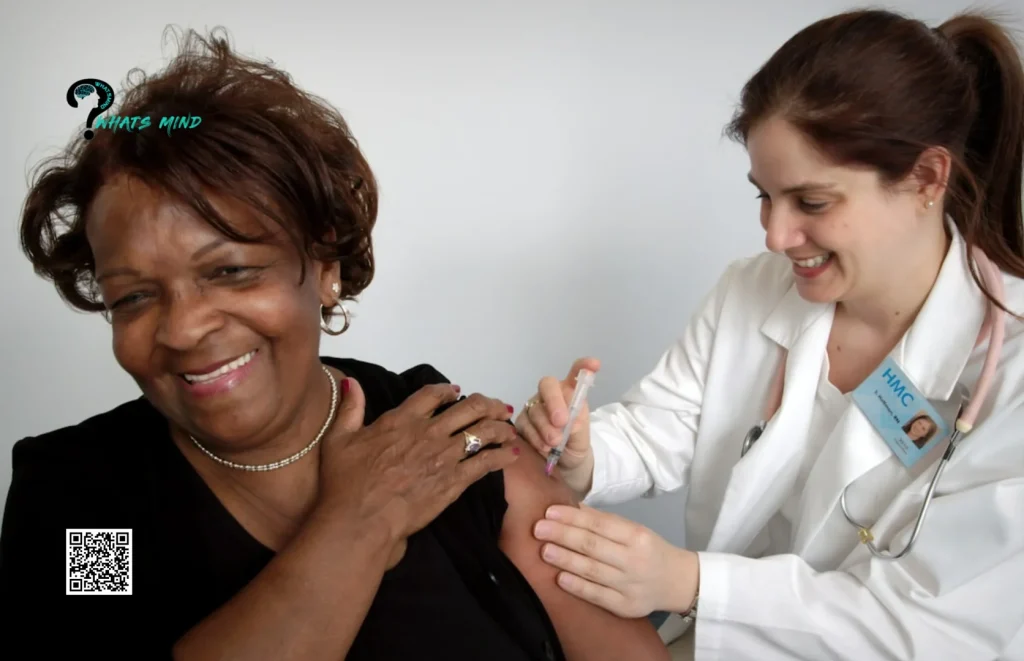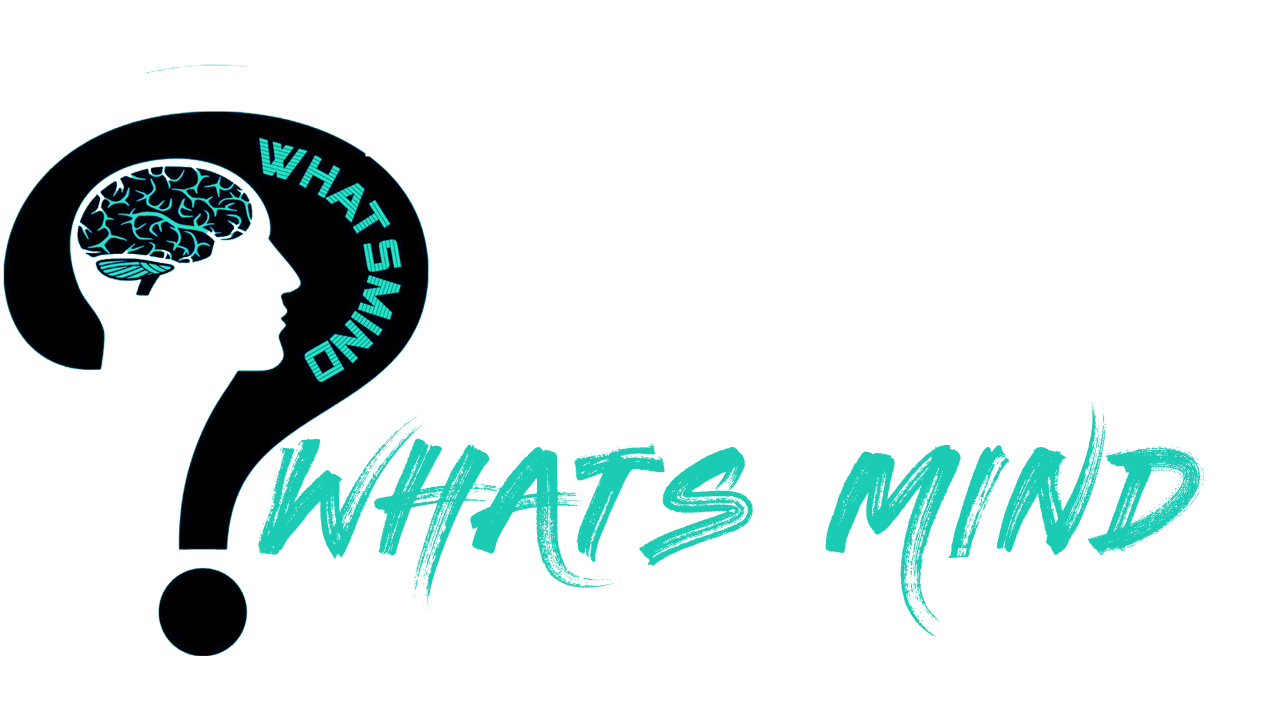How To Become a Public Health Professional

Public Health Professional is a significant and ever-growing field that centers around improving health outcomes for populations worldwide. As a branch of healthcare focused on preventing disease, prolonging life, and promoting health, it offers an array of opportunities for those passionate about making a difference in communities.
If you’re considering a career in this vital and dynamic sector, understanding the necessary steps and requirements is crucial. Keep reading to learn about the educational paths, experience, certifications, and networking crucial to launching a successful career in public health professional.
Table of Contents
Educational Pathways for Aspiring Public Health Professionals

Building a career in public health often starts with a bachelor’s degree in public health or a related field, offering a broad understanding of topics like epidemiology and health policy. Many then pursue a Master’s in Public Health (MPH) or specialized graduate degrees for deeper expertise.
A Public Health certificate online can provide targeted knowledge for professionals seeking flexibility or a career shift. Understanding specific educational requirements for desired roles, such as epidemiologists needing a master’s degree, is crucial.
Understanding the Field of Public Health
Public health is a multifaceted field focused on preventing health issues through research, policy, and education. It differs from clinical healthcare by prioritizing proactive measures over treating illness after it occurs.
Initiatives in public health range from legislative efforts against infectious diseases to promoting healthy behaviors. The ultimate goal is to ensure health equity for all, regardless of socio-economic status.
Core areas of public health include epidemiology, biostatistics, health services administration, environmental health, and social and behavioral sciences. These specialties help address health concerns at the population level, requiring diverse skill sets for effective problem-solving.
Public health also involves readiness and response to emergencies like the COVID-19 pandemic. During such crises, public health experts lead efforts through research, contact tracing, and education campaigns, highlighting the importance of robust public health infrastructure.
Gaining Relevant Experience in Public Health
Building a career in public health requires both academic qualifications and practical experience. Internships and volunteer work offer hands-on experience in public health entities like departments, NGOs, or research institutions. These opportunities provide insights into day-to-day operations and real-world applications of classroom learning.
Engaging in community outreach programs, health education campaigns, or data collection for research studies helps develop crucial skills. These experiences contribute to professional growth and establish a network of contacts and mentors in the field.
Entry-level positions such as public health analyst or program coordinator serve as stepping stones to advanced roles. They provide exposure to public health initiatives and allow for the accumulation of relevant experience.
Joining professional associations and attending conferences supplements formal education with the latest knowledge and trends in the field. These activities demonstrate a commitment to lifelong learning and offer insights into emerging challenges and solutions in public health.
Certification and Licensure in Public Health Careers

Certification in public health, such as CHES or CPH, demonstrates expertise and commitment, requiring passing exams and ongoing education. While not mandatory for all roles, certification can enhance credentials and unlock career advancements. Researching industry-standard certifications is crucial for specialized fields like health inspection or public health nursing.
Licensure is legally required for certain positions, particularly those involving direct patient care. Understanding licensure requirements, which vary by state, is essential for clinical roles like nursing or mental health counseling.
Licensure often involves completing specific educational programs and passing state exams. Both certifications and licenses require ongoing education to stay updated on best practices. Continuing education ensures professionals remain knowledgeable and capable of adapting to changes in the field.
Networking and Professional Development Opportunities in Public Health
Successful careers in public health thrive on strong professional networks and ongoing development. Networking begins in academic programs and extends beyond through conferences, committee roles, and professional associations. Active involvement in public health discourse, social media, and writing maintains these connections and establishes expertise.
Mentorship is crucial for navigating public health careers, offering guidance and insider knowledge. It can be found through formal programs or informal networks, aiding in professional growth. Continuing education, including workshops and certifications, is essential for staying competitive and competent in the field’s dynamic landscape.
Overall, becoming a public health professional demands dedication to education, hands-on experience, and ongoing growth. Success in this field hinges on seizing opportunities for advancement and recognizing the significance of collective efforts in safeguarding community well-being. Aspiring individuals can chart a fulfilling career path by adhering to the outlined guidelines.
More that you’d like to read…
- Ultimate Best Guide on How to Write a Senior Thesis?
- JoinPD: Introductions, Teacher & Student’s Access, Features, Merits, Pricing
- Quizizz: Detail Summary, Purposes, Signup, Modes, Features, Types, Alternatives, Benefits
- Is Biocentrism Debunked? Does Time and Space Exist in our Minds?
For more info visit Whatsmind.com




